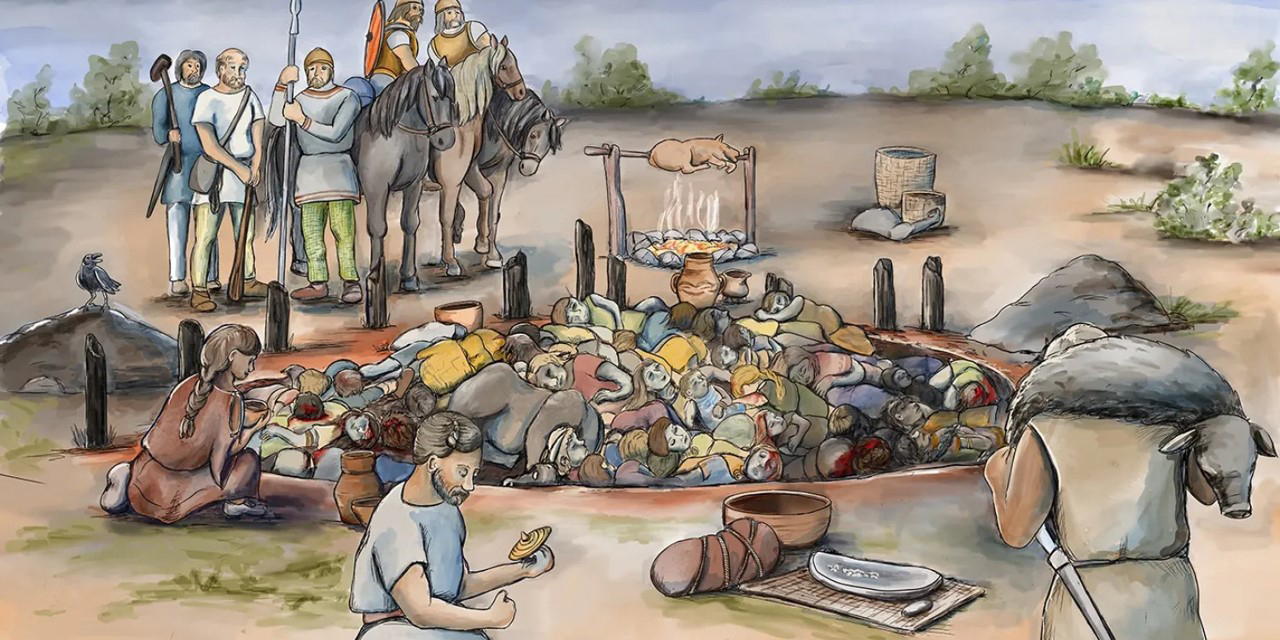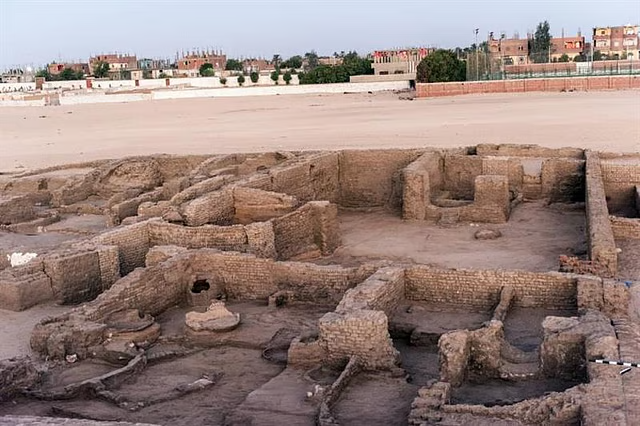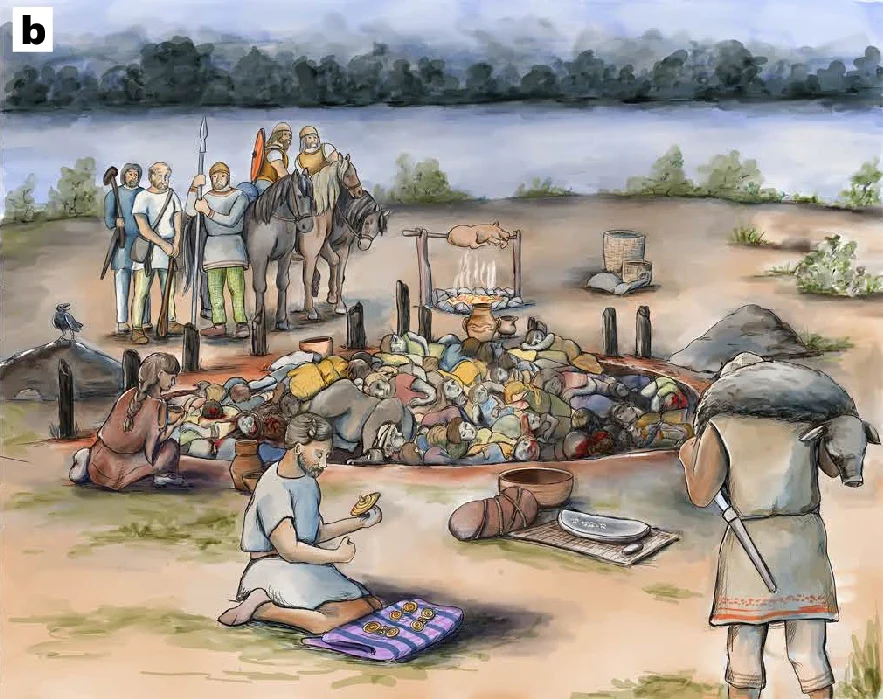The Homunculus in Alchemy
The homunculus is a legendary artificial human created through alchemical processes, representing humanity’s fascination with controlling life. Emerging in medieval European alchemy, the concept blends science, philosophy, and mysticism, highlighting the desire to understand and replicate the mysteries of creation.
Origins and Descriptions
Alchemists like Paracelsus described the homunculus as a tiny, fully formed human, often created from human or animal material and nurtured with secret methods. Legends claim these beings could possess supernatural powers, intelligence, or even immortality.
Symbolism and Cultural Meaning
The homunculus symbolizes human ambition, the pursuit of knowledge, and ethical dilemmas surrounding creation. It also serves as a metaphor for personal transformation, the alchemical process of refinement, and the blurred line between nature and artifice.
Influence on Literature and Popular Culture
The homunculus concept influenced works of literature, from Goethe’s Faust to modern science fiction. It appears in novels, films, and games, exploring themes of artificial life, ethics, and the consequences of playing god.
Legacy of the Homunculus
Though alchemical in origin, the homunculus remains a compelling figure symbolizing creativity, curiosity, and the limits of human knowledge. Its legacy endures in science, literature, and philosophical thought on life and creation.







